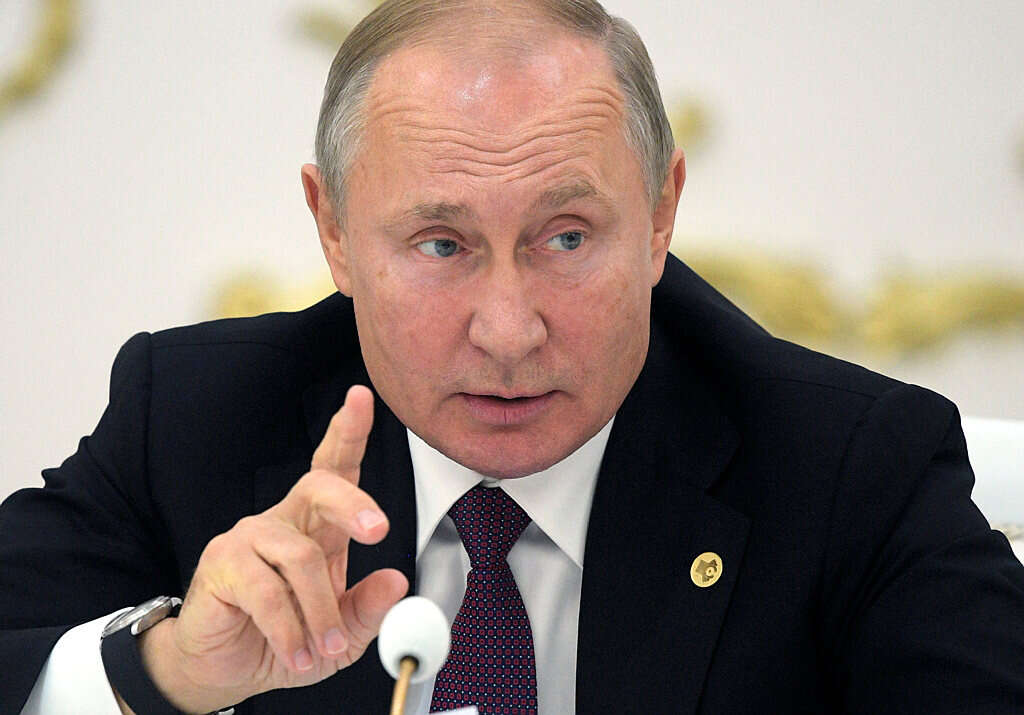The current crisis in Ukraine raises questions about President Putin's motives and goals.
His goals can be established, but it is difficult to assess whether he will strive and succeed in achieving them in full.
But first, it is important to know and understand the historical background of relations between Russia and Ukraine.
The conflict began in 2004, following the rise of pro-Western rule after the "Orange Revolution".
After another decade of political instability and Ukraine's turn to Russia for economic aid, a coup against Prime Minister Yanukovych led to a crisis and the annexation of the Crimean peninsula.
For hundreds of years Ukraine was part of the Russian Empire, and from 1919 to 1991 the "Ukrainian Soviet Republic" was a major component of the USSR. Stalin betrayed him, causing the deaths of millions.
After the fall of the USSR, it was agreed between the powers that nuclear weapons placed on Ukrainian soil would be transferred to Russia, and that together with the US and UK it would be a guarantor of Ukraine's territorial integrity.
This commitment, as is well known, was not realized in the Crimean crisis.
Russia and its leaders' opposition to the West is driven by two main factors.
The first lies in the ideology and sense of nationalism.
Tradition, religion and culture are perceived by the Russians as superior to those of the West.
In his speech in the second year after his election, Putin said Russia should base its future on its history and tradition, and refrain from adopting Western values.
The leadership and most of the population believe that Western countries will never recognize Russia as equal to them, and that the West strives to bite and harm Russian interests.
Thus, for example, during the Crimean annexation period, Alexander Dugin, Putin's theorist and strategic adviser, wrote that the main threat to Russia is liberal democracies, and that the ideological connection of the Russian power is with Asia, not with the West.
The second factor is the spread of the European Union and NATO allies to the east. Despite the US promise to President Gorbachev that this will not happen, in 1999 the Czech Republic, Poland and Hungary joined NATO, and in 2004 Bulgaria, Estonia, Latvia, Lithuania, Romania, Slovakia and Slovenia The West has not heeded Putin's warnings and threats that it would oppose the spread to the east and the damage to the "security zone" between Russia and NATO.
In October 2014, John Mirsheimer (International Relations Researcher) wrote that the West's attempt to bring Ukraine under its influence was the main cause of the Crimean crisis.
As in the Crimea, even in the current crisis the economic sanctions will not have much impact on Putin's decisions.
History shows that states are willing to face heavy economic penalties in order to protect their strategic interests (Mirsheimer, 2014).
Anna Geifman is a lecturer in the Department of Political Science, Bar-Ilan University; Yossi Ton is a doctoral student in political science
Were we wrong?
Fixed!
If you found an error in the article, we'll be happy for you to share it with us

